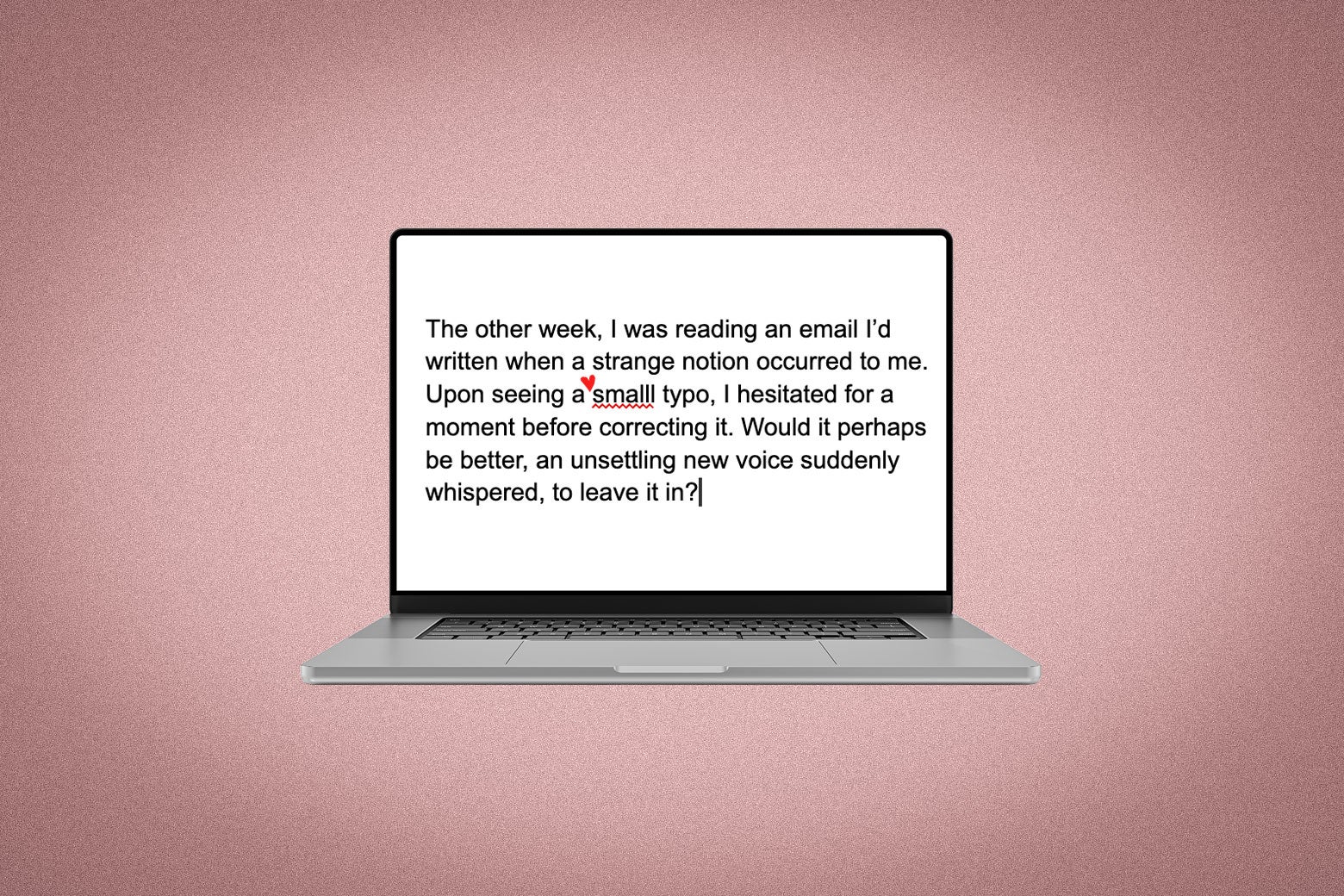
"Sign up for the Slatest to get the most insightful analysis, criticism, and advice out there, delivered to your inbox daily. The other week, I was reading an email I'd written when a strange notion occurred to me. Upon seeing a small typo, I hesitated for a moment before correcting it. Would it perhaps be better, an unsettling new voice suddenly whispered, to leave it in?"
"This is a thought that would've appalled me a year ago. As a professional writer, I have long prided myself on impeccable grammar, judiciously wielded punctuation, and (at times indulgent) verbosity. But in the age of A.I. paranoia-when the comment sections of social media posts and online articles are littered with accusations decrying the dehumanizing warp of ChatGPT-suddenly, writing that appears too polished, too bedecked with literary devices, not to mention a dubious affinity for the word delve, now arouses suspicion."
A widespread fear of AI-generated prose is prompting heightened scrutiny of language and causing self-censorship to avoid appearing machine-produced. People are removing punctuation such as em dashes and abandoning phrasings associated with language models, including the "It's not just X, it's Y" construction and favored words like "delve." Readers and editors are increasingly misattributing human compositions to AI, with diagnostic instincts sharpened by social media leading to false positives, including labeling pre-ChatGPT work as machine-authored. The trend produces collective shifts in style and vocabulary across personal and public communication.
Read at Slate Magazine
Unable to calculate read time
Collection
[
|
...
]